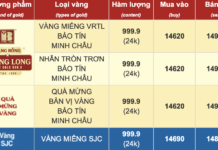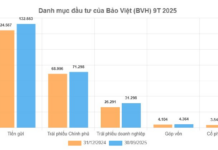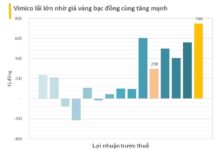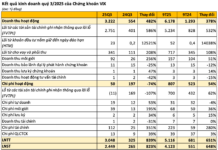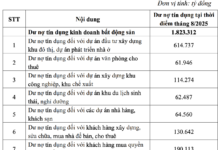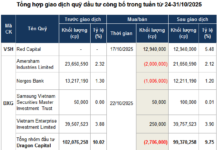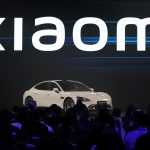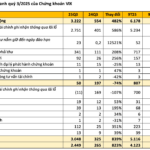Selling the Xiaomi SU7: Financial Constraints and Disappointments
In a county-level city in Jiangsu Province, Xiaomi fan, Zeng Wei, bought his first car with no other thought than the Xiaomi SU7. The sleek, tech-inspired design and resemblance to Xiaomi phones further fueled his desire to own one.
For the first week after taking delivery, Zeng Wei would drive around every night, relishing the envious glances from other drivers. However, just a month later, with barely 3,000 km on the odometer, he had to put his beloved car up for sale.
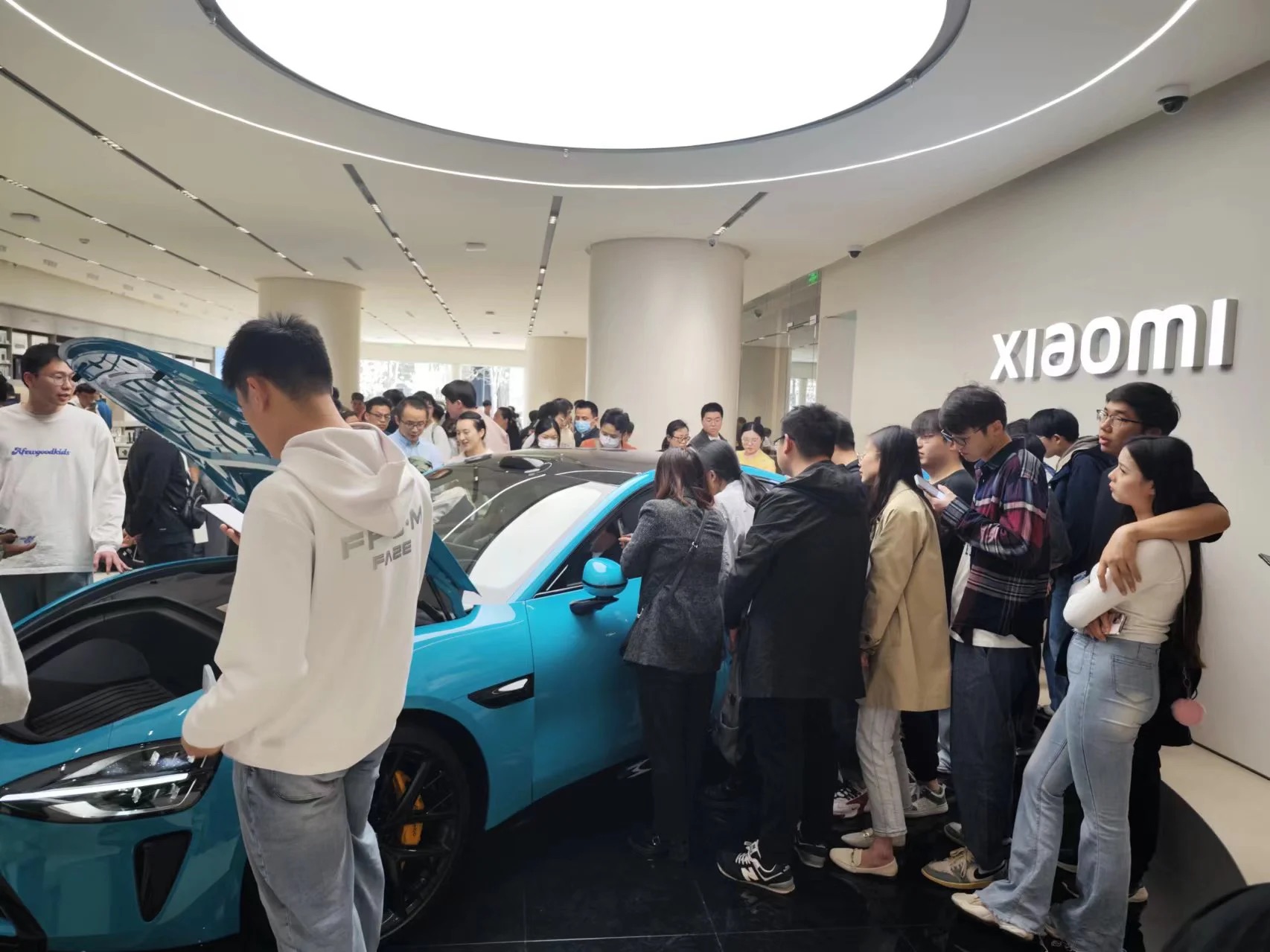
Chinese citizens eagerly awaiting their turn to test drive the Xiaomi SU7 during its initial launch days.
Maintaining a car proved to be more challenging than expected for Zeng Wei. With a monthly salary of 6,500 CNY (approximately 23 million VND), he had carefully calculated his finances to afford the most basic configuration. However, after making the down payment, purchasing car insurance for 5,000 CNY (nearly 17.4 million VND), and installing a home charging station for over 3,000 CNY (over 10.4 million VND), his budget became strained. Rent and monthly loan payments of 3,600 CNY (approximately 12.5 million VND) further tightened his finances.
Reluctantly, Zeng Wei decided to sell his car. After almost a week of listing it on a used car platform, he received minimal interest from individual buyers, mostly messages from car dealers. The basic gray color of his car was not a popular choice for those seeking an immediate purchase, and the additional transfer fee made it less appealing. Zeng Wei had no choice but to lower his asking price by 9,000 CNY (approximately 32 million VND) and eventually sold it to a car dealer.
Space Constraints Lead to Disappointment and Resale of the Xiaomi SU7
In Beijing, another owner, Meng Geng, shared a similar fate with his purple Xiaomi SU7 Max. Having purchased the car because his daughter liked it, he soon realized that the car fell short of his expectations, especially in terms of space and comfort.
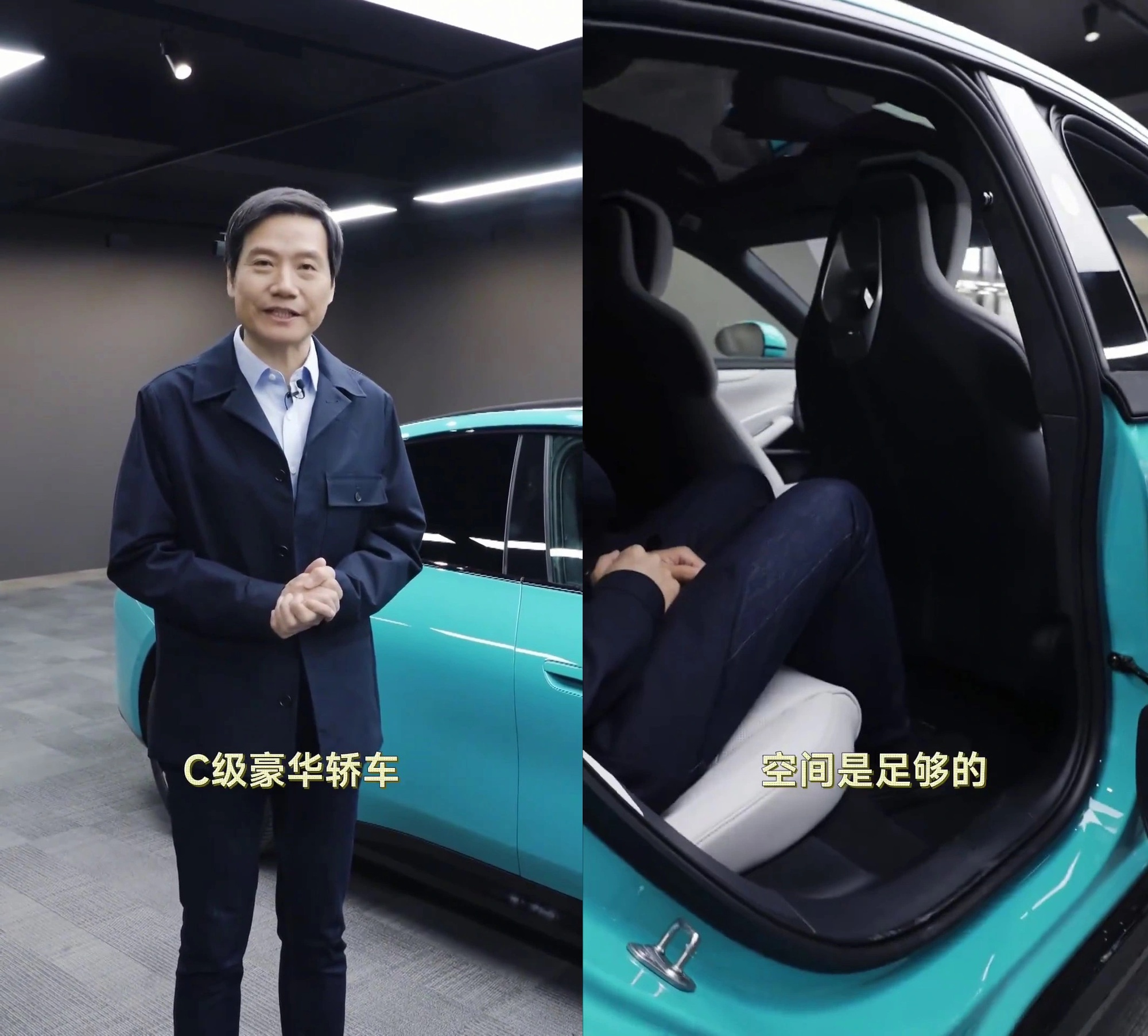
Space has been a common issue raised by many Xiaomi SU7 users. The CEO of Xiaomi, Lei Jun, even had to post a video defending the car’s comfort.
Meng Geng, an experienced driver, found the driver’s seat cramped, and the rear seats lacked the desired comfort for long journeys. He decided to sell the car in June and upgrade to a more spacious SUV, such as the Toyota Prado or the Huawei Wenjie M9.
Despite asking a price nearly 30,000 CNY (approximately 104 million VND) higher than the original cost, Meng Geng’s purple Xiaomi SU7 Max attracted interest from car dealers and individual buyers alike. The competitive price, compared to similar models on the used car market, made it a desirable option.
Seizing the Opportunity: Renting and Reselling the Xiaomi SU7 for a Quick Profit
Unlike the previous owners, Fang Ling anticipated the high demand for the Xiaomi SU7 and seized the opportunity to make a profit. She was among the first to purchase the car and quickly started a rental business. By taking early delivery and registering the car in May, she was able to pay off her loans and make a substantial profit. According to Fang Ling, during the Labor Day holiday, daily rentals could bring in 2,000-3,000 CNY (approximately 7-10.5 million VND).
For both Meng Geng and Fang Ling, the urgency to sell their Xiaomi SU7 while it was still in high demand was paramount. With the increased delivery speed from Xiaomi, the waiting time for test drives decreased, and daily rental prices dropped to 700-800 CNY (approximately 2.5-2.8 million VND). For Fang Ling, selling the car as soon as possible seemed like the best option.
Long Waiting Times Test the Patience of Xiaomi SU7 Deposit Holders
During the first delivery ceremony in early April, Xiaomi’s founder, Lei Jun, revealed that the Xiaomi SU7 had received over 100,000 orders, with more than 40,000 orders already locked in. However, the waiting time for the standard version stretched to 20-23 weeks, the Pro version to 19-22 weeks, and the Max version to a staggering 28-31 weeks.
To reassure anxious customers, Lei Jun took to Weibo on June 13, stating, “We started delivering on April 3 this year, and our goal is to deliver 120,000 cars by the end of the year.” In the comments, he further assured customers that “more than 10,000 cars will be delivered in June.”
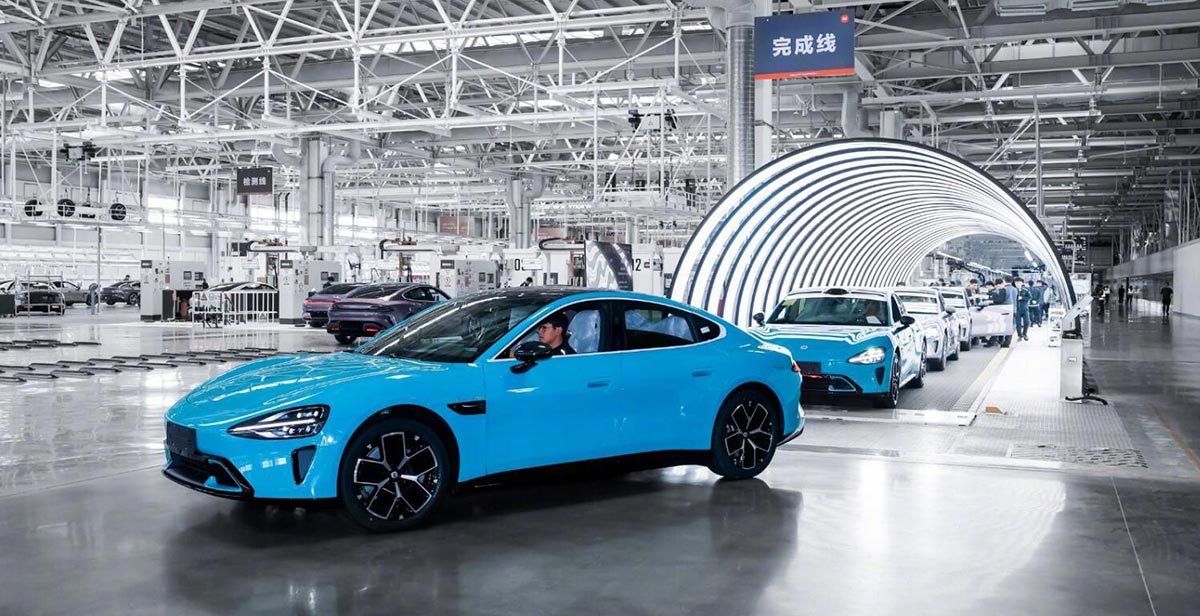
Xiaomi’s electric car manufacturing plant in the Beijing Economic and Technological Development Zone.
As Xiaomi struggled to keep up with production demands, customers who placed orders after April faced a significant reduction in benefits. For those eager to get their hands on the car, transferring their deposit or purchasing an earlier delivery slot at a higher price became a rational choice.
During this extended waiting period, competitors of Xiaomi actively targeted potential customers, creating a challenging environment for the brand. Loyal Xiaomi fan, Fang Cheng, who was accustomed to gasoline cars, found the Xiaomi SU7 intriguing. However, as the delivery date kept getting pushed back, his patience wore thin.
On a whim, he test-drove the Li Auto L6 at a shopping mall and was impressed by the spacious and comfortable rear seats. With a similar price to the Xiaomi SU7, the Li Auto L6 seemed like a more practical choice, especially with a baby on the way. Fang Cheng canceled his Xiaomi SU7 order and bought the Li Auto L6 in May, making a 1,000 CNY (approximately 3.5 million VND) profit by transferring his deposit.

Li Auto L6
As time passed and delivery dates crept into 2025, Xiaomi SU7 deposit holders faced increasing temptation from competing brands. On June 13, Lynk&Co announced the production of the Z10, a direct competitor to the Xiaomi SU7, with an expected lower price. NIO’s second brand, ONVO, is set to launch the L60 in September, and XPeng’s M03, which its CEO He Xiaopeng claimed would outsell the Xiaomi SU7, is also expected to launch in Q3 this year.
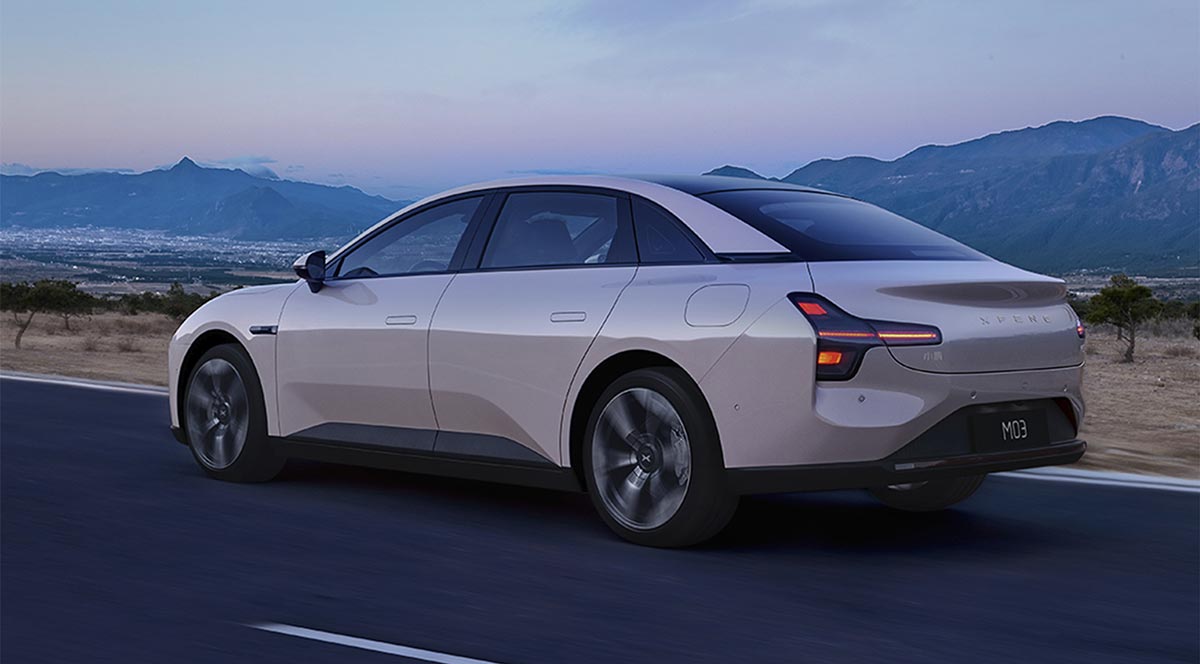
Xpeng M03
Facing intense competition, rival car brands not only rushed to launch new models but also offered attractive discounts. NIO and Huawei/Cherry’s joint venture brand, Luxeed, provided a 5,000 CNY (approximately 17.5 million VND) discount to customers who had placed orders for the Xiaomi SU7. All they needed to do was provide a screenshot of their order, and the discount would be deducted from the price of any Luxeed S7 model after payment.
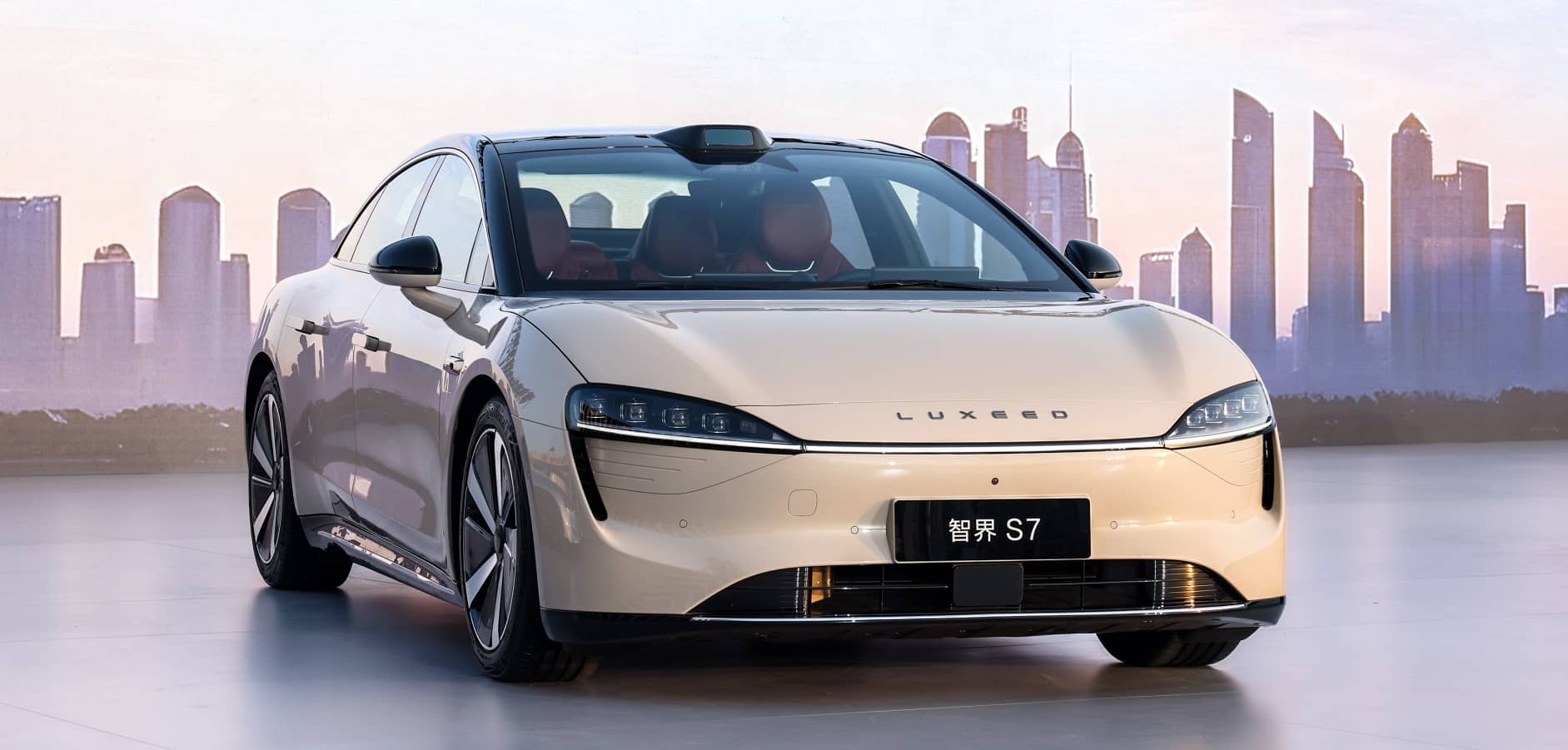
Luxeed S7
Li Auto also joined the fray, announcing on April 22 that the 2024 models of the Li Auto L7, Li Auto L8, Li Auto L9, and Li Auto MEGA would be discounted by 18,000 to 30,000 CNY (approximately 63 to 104 million VND).
To maintain its market position, Xiaomi needs to address not only production challenges but also the needs of customers who require more spacious vehicles for family travel. The brand’s second model, rumored to be a pure electric SUV and expected to launch in early 2025, will be a crucial addition to their lineup.
Real Estate Expert Forecasts Booming Market for Land in 2024
Currently, land plots are still highly valued by experts as they bring high profits and minimize risks, even in a slow-paced and low liquidity market.










